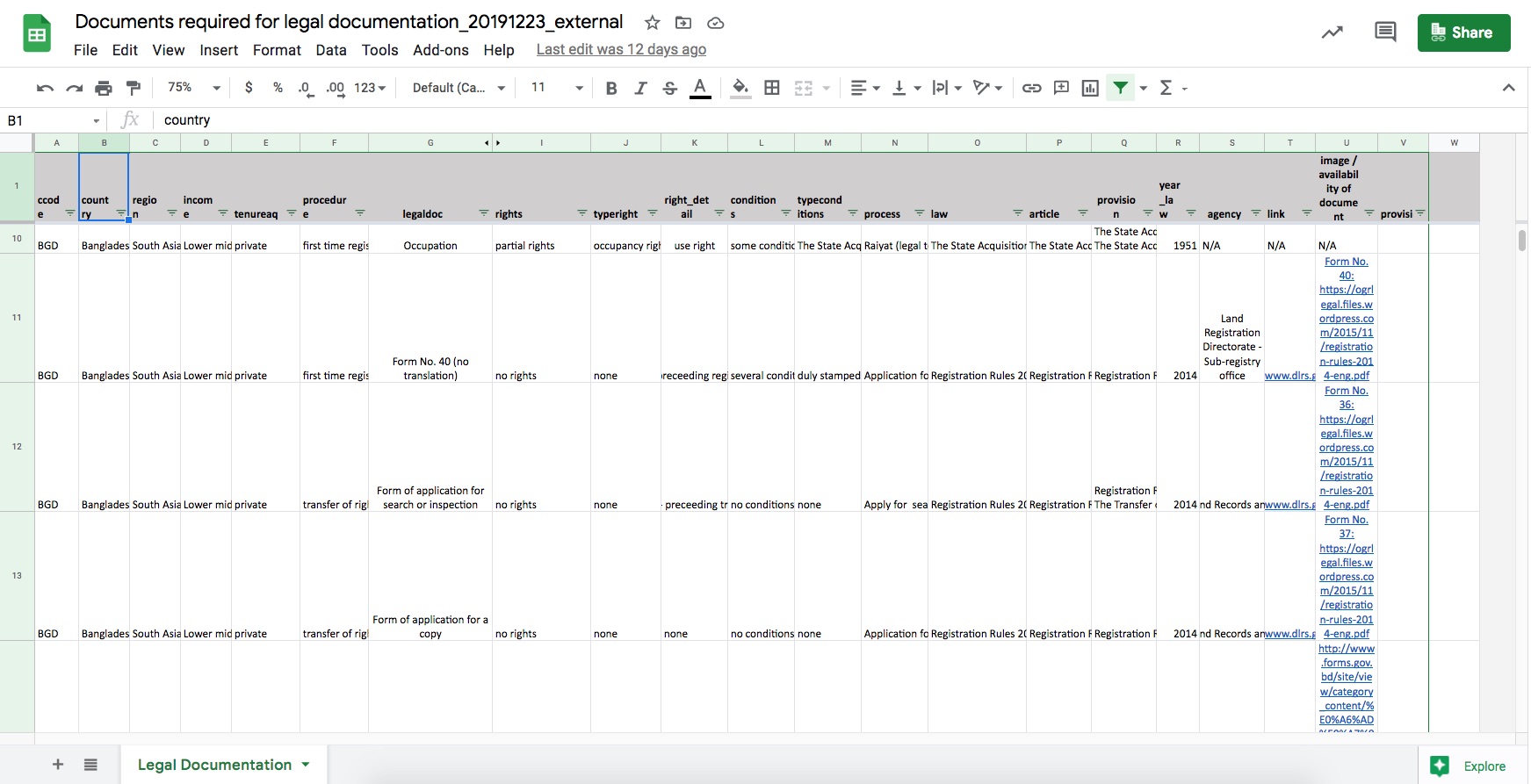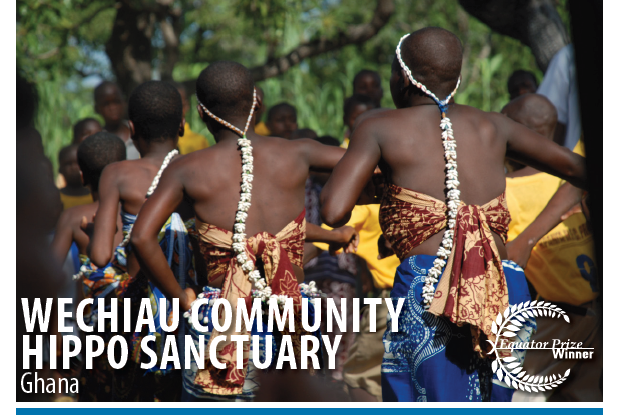Land rights insecurity and temporary migration in rural China
Like most other developing countries, China experiences huge migration outflows from rural areas. Their most striking characteristic is a high geographical and temporal mobility. Rural migrants keep going back and forth between origin villages and destination areas. In this paper, we show that this temporary feature of migration can be linked to land rights insecurity. As village land ownership remains collective and as land use rights can be periodically reallocated, individual out-migration can result in deprivation of those rights.



